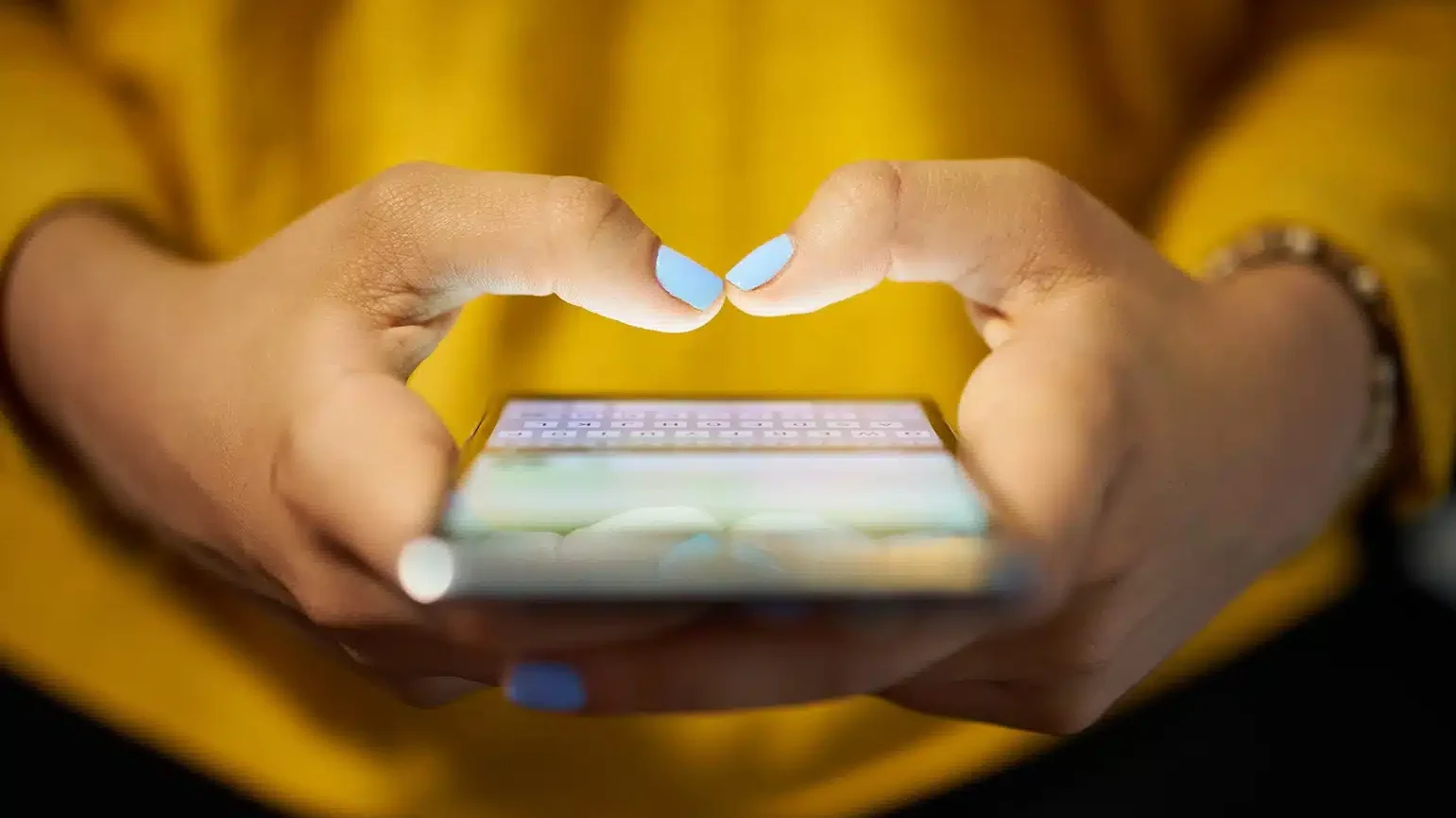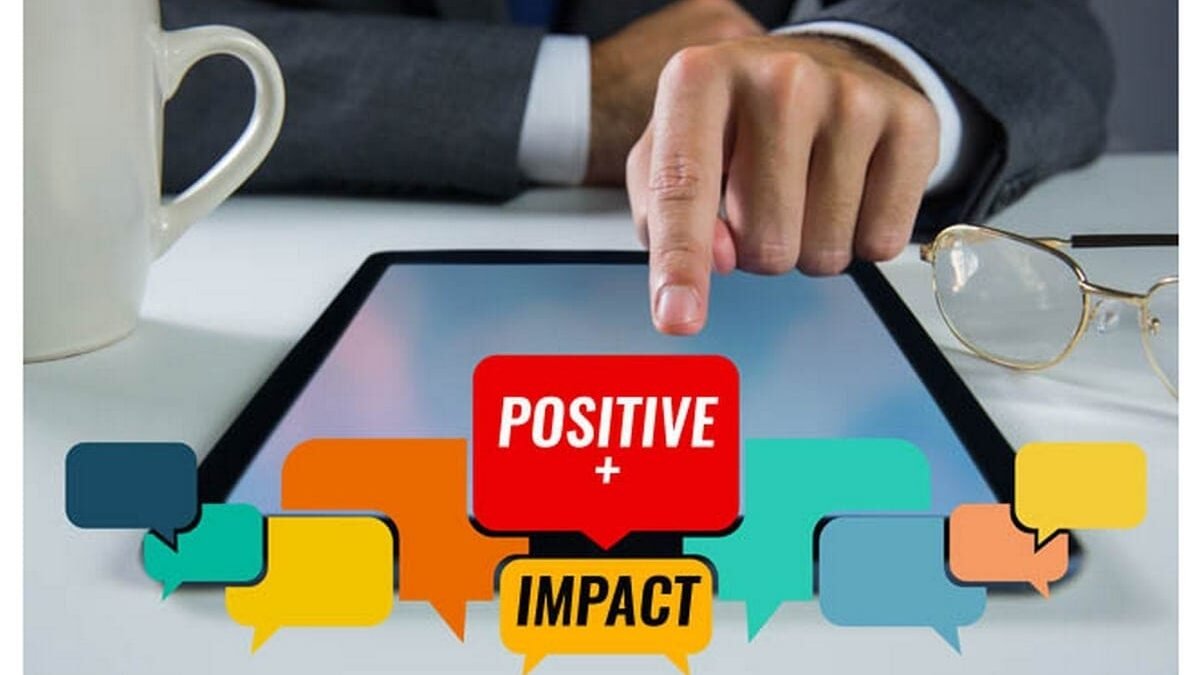Introduction
In the digital era, social media has woven itself into the fabric of our daily lives. While it offers unparalleled connectivity and access to information, it also poses significant challenges to mental health. This article explores the various ways social media influences mental well-being and provides strategies to mitigate its adverse effects.

The Positive Side of Social Media
Connection and Support:
- Social media platforms enable individuals to maintain connections with friends and family, regardless of geographical barriers. This connectivity can be especially vital during times of physical separation, such as the COVID-19 pandemic.
- Online support groups and communities offer a sense of belonging and understanding for individuals dealing with specific issues, such as mental health disorders, chronic illnesses, or bereavement.
Awareness and Education:
- Social media is a powerful tool for spreading awareness about mental health issues, reducing stigma, and providing educational resources.
- Influencers and mental health advocates use these platforms to share personal stories and coping strategies, fostering a greater understanding and acceptance of mental health challenges.

The Negative Side of Social Media
Comparison and Self-Esteem:
- Social media often showcases idealized versions of reality, leading to unhealthy comparisons. Users may feel inadequate when comparing their lives to the seemingly perfect lives of others.
- This constant comparison can erode self-esteem and contribute to feelings of jealousy, anxiety, and depression.
Cyberbullying:
- The anonymity of social media can embolden individuals to engage in cyberbullying, which can have devastating psychological effects on victims.
- Victims of cyberbullying often experience increased anxiety, depression, and in severe cases, suicidal thoughts.
Addiction and Distraction:
- Social media is designed to be addictive, encouraging users to spend excessive amounts of time online. This can lead to procrastination and distraction from important tasks, affecting productivity and real-life interactions.
- Social media addiction can also disrupt sleep patterns, leading to fatigue and cognitive impairments.

Strategies to Mitigate Negative Effects
Set Boundaries:
- Limiting the amount of time spent on social media each day can help reduce its negative impact. Setting specific times for social media use and designating “no-phone” zones, such as during meals or before bedtime, can be beneficial.
- Using apps that track and limit screen time can also help manage usage.
Curate Your Feed:
- Following accounts that inspire, educate, and uplift can create a more positive online environment. Conversely, unfollowing or muting accounts that trigger negative emotions can improve mental well-being.
- Regularly reviewing and updating your social media feed to ensure it aligns with your values and interests can make the experience more enriching.
Take Breaks:
- Regular digital detoxes, where individuals take a break from social media, can help reset their relationship with these platforms and reduce dependence.
- Engaging in offline activities, such as reading, exercising, or spending time with loved ones, can provide a healthy balance and improve mental health.

Conclusion
While social media has undeniable benefits, it is crucial to be mindful of its impact on mental health. By setting boundaries, curating a positive feed, and taking regular breaks, individuals can enjoy the advantages of social media while mitigating its potential harms. Balancing online interactions with offline activities is key to maintaining mental well-being in the digital age.

